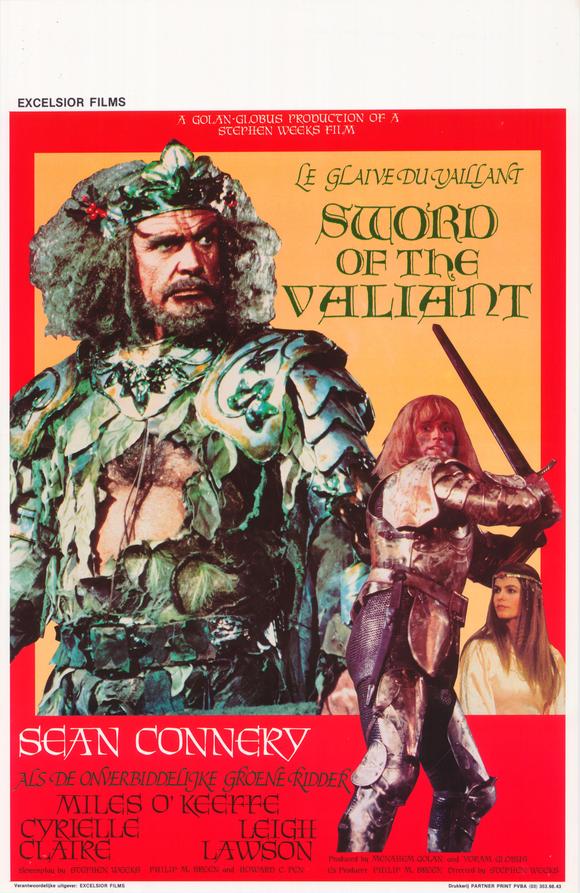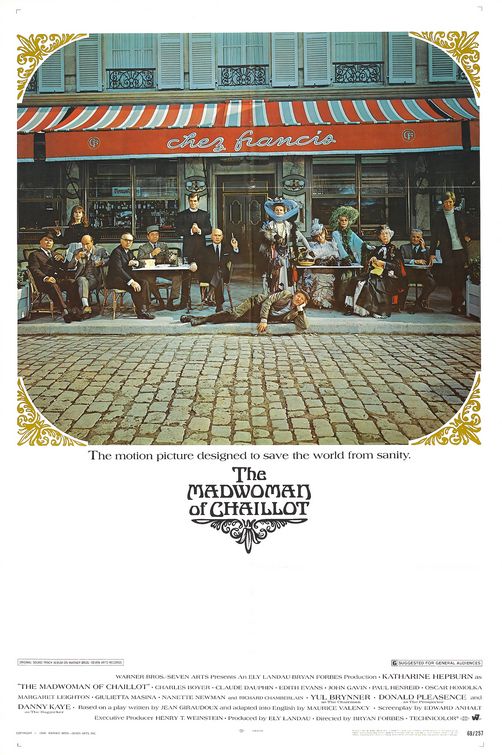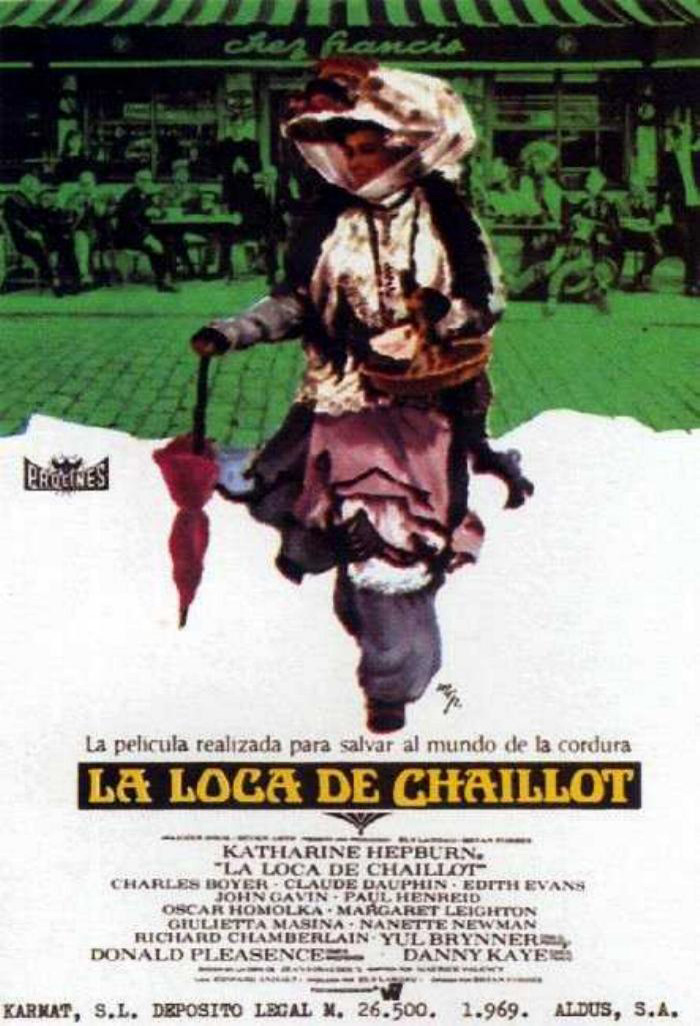The story of Sir Gawain, the bravest knight of
Camelot, and his encounter as a squire with the mysterious Green Knight is one
of the best-known stories in Arthurian legend. While it appeared in various
forms, its definitive version comes from an unknown 14th Century
author (known among academics as the “Pearl Poet” due to North West Midland dialect
idiosyncracies in the stanzas, or more familiarly “The Gawain Poet”--J.R.R. Tolkien was a big fan and contributor to the poem's preservation), who wrote
a long-form poem depicting the young knight’s adventure.
Gawain, a brash and wide-eyed youth, was but a
squire in Arthur’s court on the New Year’s Feast when the Green Knight burst
through the hall’s doors and proposed a wager. Who among them would take the
Knight’s mighty axe, strike a single blow and behead him. The catch? “Should
the power remain in his body” he would deliver a blow in kind within a year and
a day. Bewildered and suspicious of the challenge, the other knights were
hesitant to take up the challenge, but young Gawain, seeing the others injuring
the King’s honor, accepted. But once he delivered the blow, instead of dying
the Knight simply picked up his head, waggled the bloody part at Queen
Guineviere, and told Gawain he would see him at the Green Chamber, the Knight’s
fortress, one year and a day from then.
Instead of mourning his last year, Gawain
decides to seize his remaining time. Rewarded by Arthur of a knighthood, Gawain
set off on grand adventures of chivalry, honor and chastity. At several points
during his wanderings, he finds himself tempted by seductive women,
particularly the wife of a lord who has given him shelter. He rebuffs her three
times and on the last night, she rewards his honor with a gift of a magical
green girdle (or shirt or sash, it varies) that will protect him from harm.
Hedging his bets, Gawain meets with the Green Knight on the appointed time.
However, he flinches before the Knight can deliver his killing blow. Laughing,
the Green Knight reveals himself to be the Lord who gave him shelter, that he
knows Gawain is cheating by wearing the girdle and instead gives the lad a mild
cut on the back of his neck, a reminder of his last-minute cowardice and a
lesson in gallantry to the end.
Ultimately, the whole ordeal is revealed to
have been a trick of Morgan Le Fay, the enchantress and Arthur’s sister, who
wanted to embaress the King and frighten Guineviere. Gawain was just a pawn and
yet emerged a hero despite his failings.
Sword of the Valiant is the cinematic retelling of
this classic tale.
Sorta.
A pet project of British director Stephen
Weeks, he’d already filmed the tale once before in 1973 with Murray Head as
Gawain, but a dispute between producers and studios hampered production and the
film was never given proper distribution. So when Yoram Globus and Menahem
Golan, the Israeli equivalents of Dino DeLaurentis, offered Weeks the
opportunity to redo the movie, Weeks leapt at the chance. He loaded his cast
with a handful of heavy lifters in British entertainment including Raiders
of the Lost Ark co-star John Rhys-Davies, Peter Cushing in a completely
sitting-down role as the Senechal, veteran character actor Trevor Howard as the
King, and for the coup de gras, superstar Sean Connery (who was filming Never
Say Never Again simultaneously) as the Green Knight. (He’d even managed to
bring back Rhys-Davies’ fellow Raiders allum Ronald Lacey to reprise his
role as the villainous Oswald from the previous incarnation of the film.) And
while he really wanted Mark Hamill to round out the cast as Gawain, Messers
Golan and Globus insisted on another international superstar to play the hero:
Miles O’Keeffe. After his impressive and acclaimed debut in Bo Derek’s Tarzan,
the Ape Man, not to mention all those stellar Ator movies, he was an
obvious slam-dunk to play the role of one of the greatest knights in mythology.
Following the success of John Boorman’s Excalibur,
Sword of the Valiant probably seemed great on paper. And it starts quite
well with Connery’s magnificent entrance astride a white horse, his horned
crown and armor glittering green, he looks magical. Good timing too, since “The
King” (the name “Arthur” is never uttered, nor are any of the be-bearded
knights), has just finished bitching that all his nobles have gone soft after
wretched peacetie has settled over the land. “The Old Year limps to its grave
ashamed,” he says, and demands to see some proof that knightliness exists
within his castle walls.
Bathed in emerald light, the Green Bond uses
his axe to cut through a helmet, proving its sharpness. “Let any of you take up
my axe and hack the head from my shoulders. One blow only. And if the power be
left in me, I demand the right to deliver a blow in the same manner.”
When no one steps up, the King is about to
accept but squire Gawain leaps to the rescue. He’s knighted on the spot and the
Green Knight laughs. “I ask for a knight but what do I get? A youth that has
not yet earned his beard.”
So Gawain beheads the Knight, a headless
Connery picks up the (lousy animatronic) head and reattachs it (both the
beheading and reheading are achieved by pretty fancy invisible cuts and whip
pans). The Knight grants Gawain his year and even grants him a loophole. Gawain
keeps his head as long as he can solve a riddle:
Where life is emptiness, gladness
Where life is darkness, fire
Where life is golden, sorrow
Where life is lost, wisdom
(Connery’s horse does not want to stand still
during this poem.) And he tells Gawain to seize his year, “Only fools and
priests squander life by fearing death.”
So off goes Gawain, his new squire, Humphrey (Leigh Lawson),
and his new armor—all of which once belonged to King Maybe-Not-Arthur and
leaves Too-Small-for-Camelot to “seek his beard”.
And oh! The adventures. Ten minutes from the
castle, he requires a church key to remove his codpiece and relieve himself.
And Humphrey just happens to have one. Then he decides to eat a unicorn, since,
being rare and magic, it’ll probably taste better. But that creature
disappears, a tent appears in its place and an Enchantress sends them to Lyonesse,
for no real particular reason.
Gawain defeats the “Guardian of Lyonesse”—a
land in which no man has entered nor cannot leave—leading to a circular logic
that comes from updating medieval texts for the mass market—but after taking
the wounded man back to the town, the dying Guardian points at Gawain and calls
him his murderer. He’s able to escape the angry mob because the beautiful
Linnet (French actress Cyrielle
Clair clumsily dubbed) gives him a magic ring that lets him disappear but
reveals him to the Eye of Sauron… no, wait, it just makes him disappear.
Anyway,
other things happen. He rescues Linnet, then loses her. Then the Green Knight
tells him using magic is cheating and not part of the game. So he gives it up,
meets two of the dwarves from Time Bandits (David Rappaport and Mike
Edmonds), they send him somewhere else, he rescues Linnet again and then loses
her again, this time to the lustful Lord Oswald and his Senechal father (who
wishes to use her to bargain with a rival lord, played by Rhys-Davies doing a
Brian Blessed impression).
Then more
stuff happens. A lot of walking left, then right, particularly in extremely
claustrophopic stone corridors and staircases, which could come from shooting
on location in real castles in Wales and France. He’s involved in numerous
uninspired fights, clunky sword duels and one of the worst-shot battle
sequences in recent memory (involving a cast of dozens!).
Along the
way, Gawain uncovers the mystery of the riddle save the last stanza, earns his
spurs (or beard, once he can grow one) and meets the Knight on the appropriate
day. Only this time, he’s wearing a sash of invincibility that Linnet gave him,
which allows him to cheat again, battle the Knight and finally learn how wisdom
is acquired through loss of life.
And
credits.
Though I
have not yet seen Weeks’ previous incarnation of the story, I’m told that Sir
Gawain and the Green Knight resembles Monty Python and the Holy Grail
in terms of production value. Sword of the Valiant also has much in
common with the quotable Pythonian-Arthurian take, but mostly accidentally.
Everyone in it seems to be having a good time, particularly Connery, but
O’Keeffe is slightly better in motion and silent than he is when having to
deliver lines like, to his torturer, “Does your mother know what you do for a
living?” Much of his delivery is stiff and sore-thumb contemporary. When he’s
not talking, he looks okay in a romance novel-cover type of way, even when he’s
trying not to fall over in his clunky armor (borrowed from Royal National
Theatre and the Old Vic). But even taking that aside—I mean, who goes “Miles
O’Keeffe! What a thespian!”—there are many moments where he cuts an impressive,
knightly figure.
Even the
clumsy action and photography can be forgiven, particularly with a modern eye,
as the staging and angles call to mind some of Robert Taylor’s bosoms-and-armor
pics like Knights of the Round Table or even Ivanhoe. They’re
costume dramas and at heart so is Sword of the Valiant. The lame
attempts to modernize the dialogue aside, it’s an earnest attempt at a story of
chivalry, even if most of the source material is jettisoned in favor of
Gawain’s and Linnet’s love story.
If you
drop all of the niggling faults, there’s an interesting allegory going on under
the surface that actually does call to mind the endless interpretations of the
original poem. Scholars over the years have called Gawain and the Green
Knight a Christ analogy, an early work of feminist literature (due to
Morgan Le Fay calling the shots and even in young Gawain’s passive nature),
even an early look at queer literature (though given the time it was written,
this has been determined to be quite a stretch), due to a subplot in which
Gawain must deliver a kiss to the Lord harboring him. The Green Knight is
usually interpreted as the Green Man of European folklore, the guardian of the
woods and an embodiment of nature. Sword of the Valiant takes this
course as well. While the climactic scene seems rushed (likely due to Connery’s
schedule on the non-Bond Bond movie), as the Green Knight dies from his wound,
his green fades to white and he starts to crumble like snow, leaving the idea
that The Green Knight was Gawain’s entire borrowed year. It’s an interesting
idea and it even allows for a rewatch (which does reveal little hints to this
end throughout), but by this point, you may done the first time through.
But, wait Mike,
if this movie isn’t all puppies and blowjobs, why bother seeking it out? Good
question, particularly due to the controversy surrounding the domestic DVD
release. For all its missteps, Sword of the Valiant was gorgeously shot
in 2.35:1 widescreen and makes wonderful use of the real locations (in some
scenes anyway). But since it did bupkis at the box office and is pretty much
reviled, the only way to get it is to locate the out of print DVD which, of
course, is in an ugly cable-adapted pan-and-scan version, leaving one to focus
solely on faces and acting. There is a silver lining for collectors with
multi-region players: a 2.35:1 DVD is available as a Polish import and
sometimes that version shows up on YouTube.
So to
answer my self-posed question: that’s my riddle for you. See you back here in a
year and a day.









